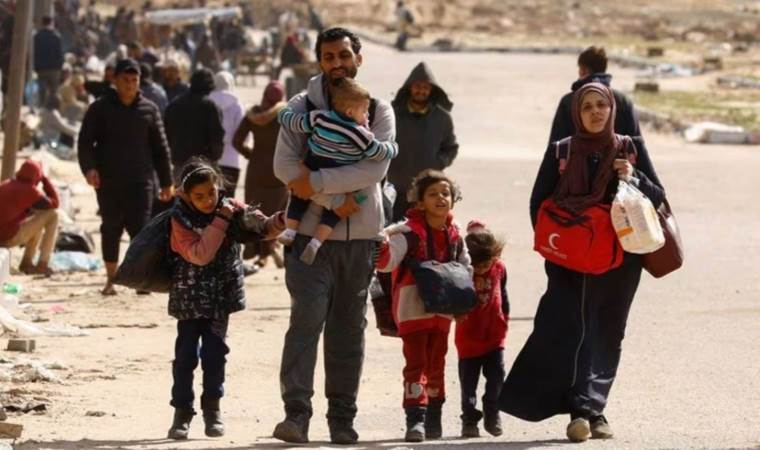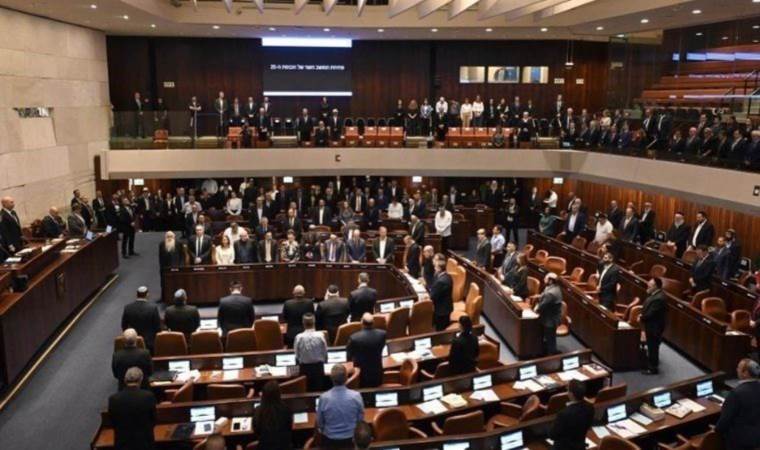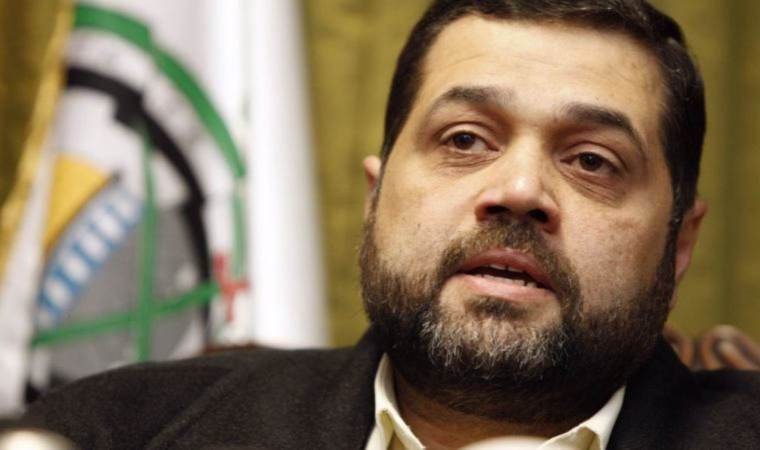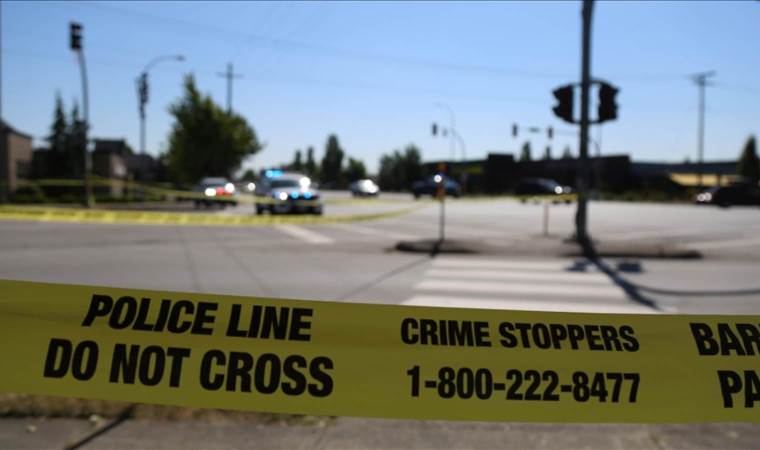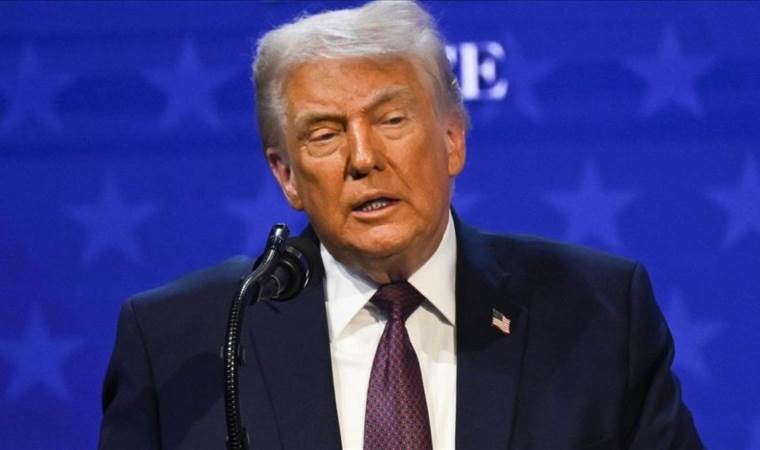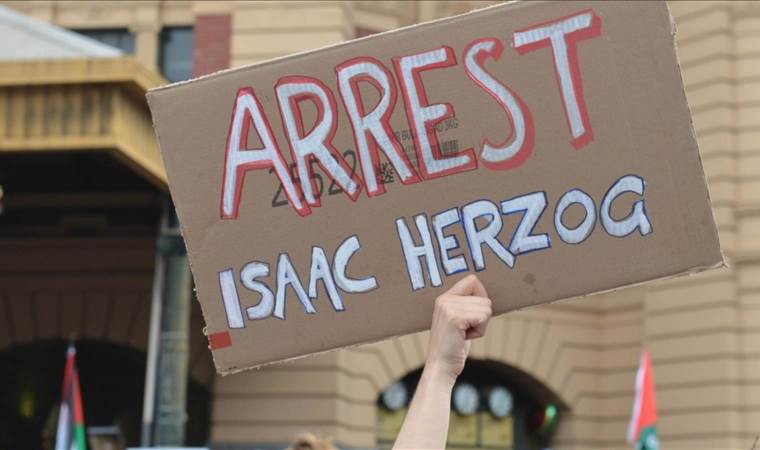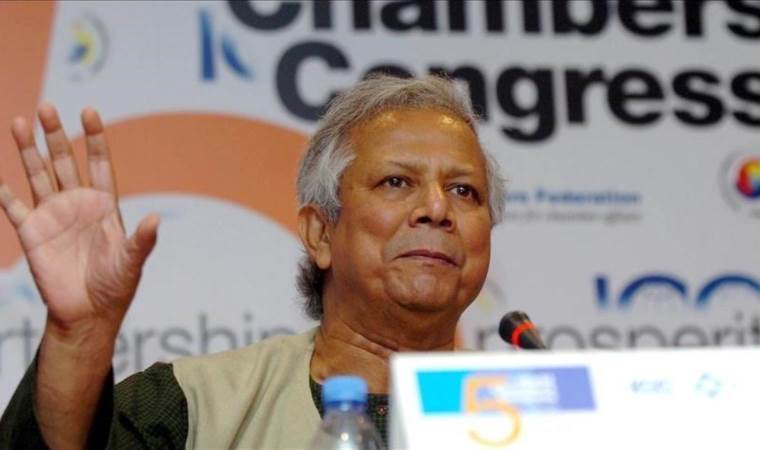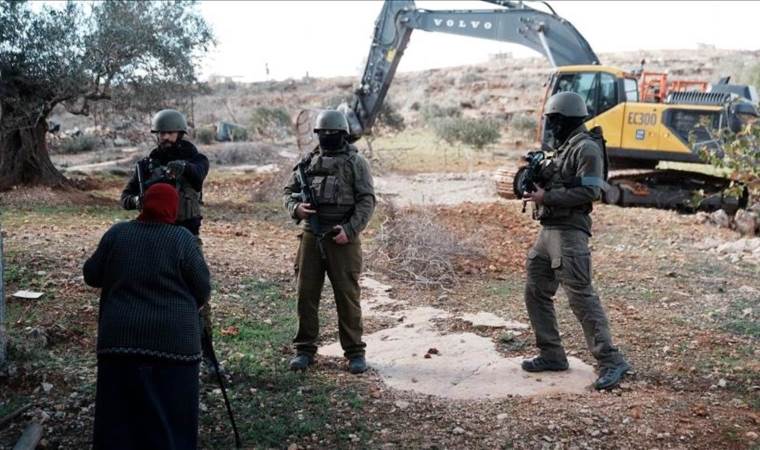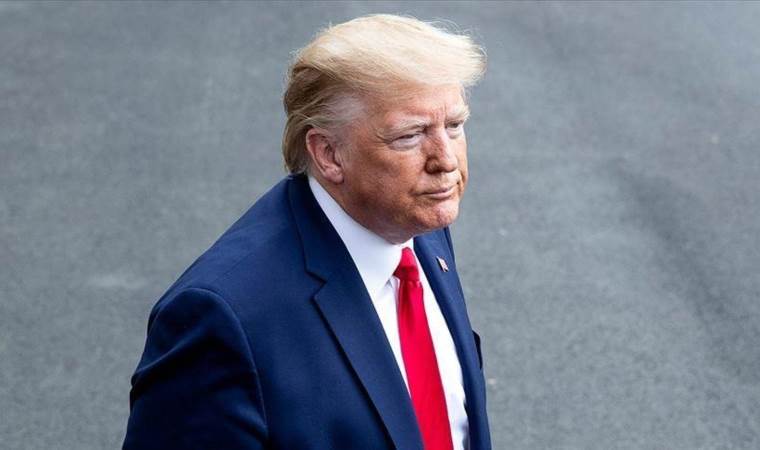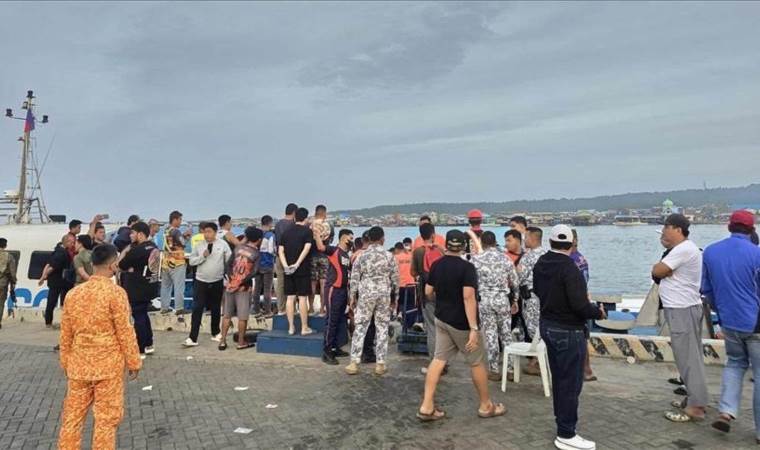Hamas rejects new negotiations, demands of Biden's ceasefire plan
Hamas has called on mediators to implement the ceasefire proposal previously put forth by U.S. President Joe Biden, rather than pursuing a new round of negotiations.
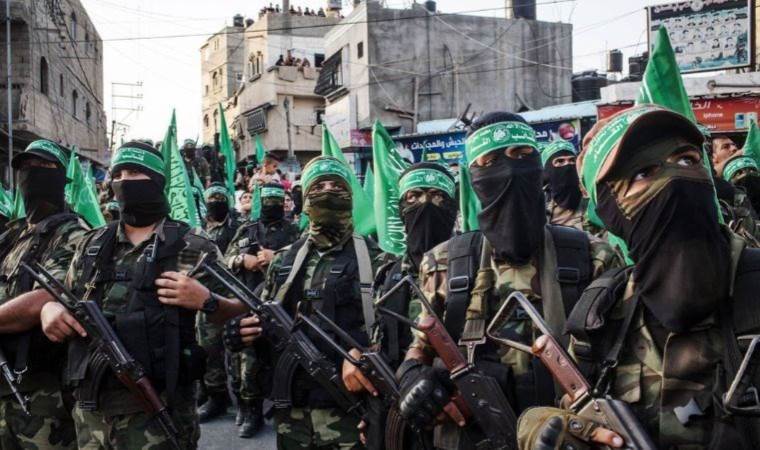
Following a joint statement issued on August 8 by the U.S., Egypt, and Qatar, which urged Israel and Hamas to resume talks for a ceasefire and prisoner exchange in Gaza on August 15 in Cairo or Doha, Hamas responded with a statement.
The statement from Hamas noted, "Both we and the Egyptian and Qatari mediators are aware of Israel's and the Netanyahu government's intentions and stance. Despite this, we approached the recent proposal positively. However, Israel has introduced new conditions that were not discussed during the negotiation process."
Hamas highlighted that Israel has intensified its attacks on the Palestinian people and even attempted an assassination on Hamas leader Ismail Haniyeh, revealing Tel Aviv's intention to continue its assaults.
Israel Opposes UN Resolution
The statement also pointed out that after the mediators' joint declaration, Israel carried out a massacre on August 10 at Et-Tabiin School in the Derec neighborhood of Gaza City, killing at least 100 people and wounding 250 others.
Hamas asserted that in previous negotiation rounds, it demonstrated the necessary flexibility and positivity, accepting Biden's proposal and the United Nations Security Council's Resolution 2735 on the matter. However, Israel opposed this and continued its attacks.
Hamas has urged mediators to present a plan to implement Biden's ceasefire proposal, which the group has already accepted, instead of entering a new round of negotiations.
Biden's Ceasefire Plan
On May 31, U.S. President Joe Biden outlined a three-phase ceasefire plan, emphasizing that it was originally proposed by Israel. The plan includes a permanent ceasefire, Israel's withdrawal from all of Gaza, the mutual release of hostages and detainees, the return of displaced Palestinians to Gaza, the uninterrupted and adequate delivery of humanitarian aid, and the reconstruction of Gaza.
Israeli Prime Minister Benjamin Netanyahu later introduced new conditions related to the prisoner exchange talks. These conditions included preventing armed Palestinians from moving from the south to the north and maintaining the Israeli military presence in the Philadelphia Corridor along the Gaza-Egypt border.
Most Read News
-
 10 killed, including suspect, in school shooting in Cana
10 killed, including suspect, in school shooting in Cana
-
 Trump casts doubt on potential Iran deal, says it must a
Trump casts doubt on potential Iran deal, says it must a
-
 Hundreds protest outside Australia’s parliament against
Hundreds protest outside Australia’s parliament against
-
 Bangladesh's Yunus urges nation to vote ahead of 1st ele
Bangladesh's Yunus urges nation to vote ahead of 1st ele
-
 European nations condemn Israeli measures to expand cont
European nations condemn Israeli measures to expand cont
-
 Trump says he does not support Israeli annexation of Wes
Trump says he does not support Israeli annexation of Wes
-
 Death toll in Philippine shipwreck climbs to 52
Death toll in Philippine shipwreck climbs to 52
